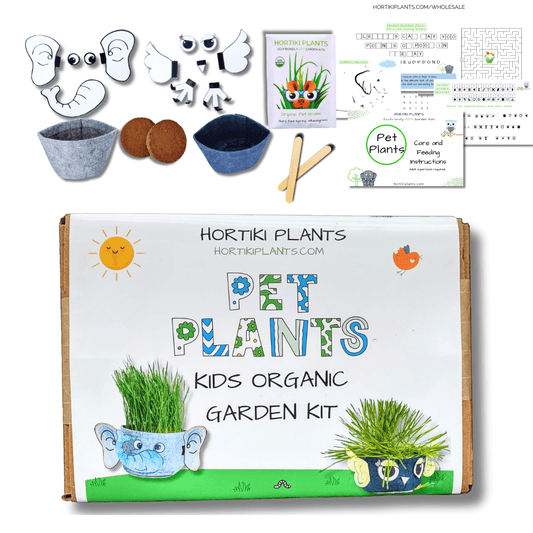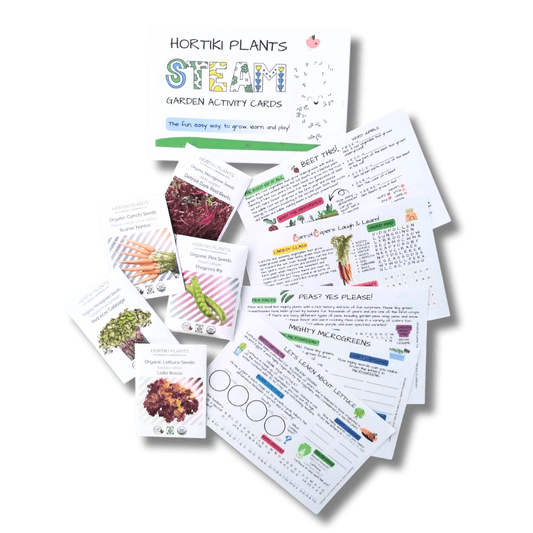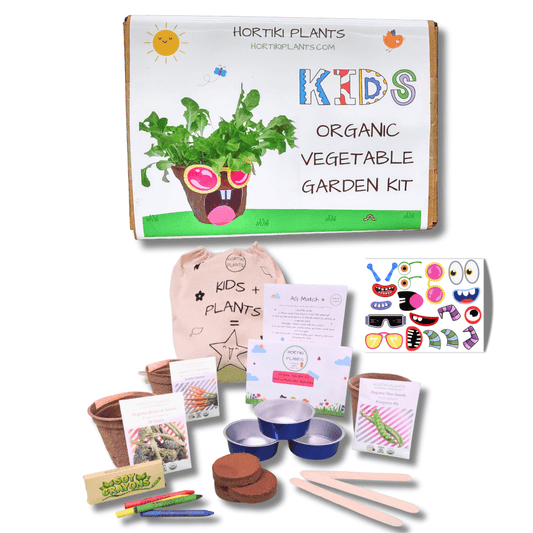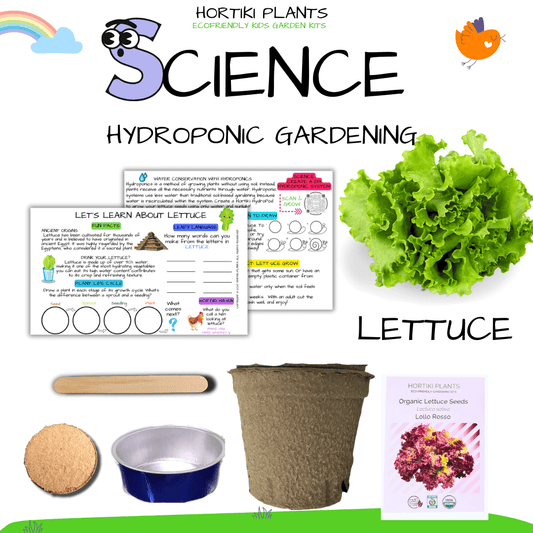Play Works™ When Your Tank Is Full: What "Fuel for Play" Actually Means

Think about the last time you were genuinely hungry. Your patience gets shorter. Your thinking gets fuzzy. Everything feels harder. There's a reason we call it "hangry," right? Then you eat something real, and suddenly you can think straight again. You have energy. You're more you.
That shift—that's fuel doing its job.
But fuel isn't just about food. For adults, fuel also means rest, joy, creative expression, meaningful connection, and time doing things that matter to us. It's the full spectrum of what actually nourishes us—body and mind.
And here's what separates thriving from merely surviving: fuel—in all its forms—isn't just about keeping the lights on. Fuel is how you unlock the capacity for genuine, sustainable play.
Welcome to Pillar 1 of the Propagating Play™ System—the foundation that makes everything else possible.
Why Fuel Matters: The Science
Research consistently shows that when our basic needs are met—when we're adequately nourished, rested, and emotionally supported—our brains function differently. We think clearer. We create more freely. We're more resilient.
The reverse is also true. When our nutritional needs aren't met, particularly in children, our cognitive abilities suffer. Studies show that chronic protein and energy malnutrition during childhood impairs the development of higher cognitive processes and can result in lasting cognitive deficits.[1] The impact is measurable: research has found significant reductions in neurodevelopmental scores in children with early nutritional deprivation.
For adults, chronic occupational stress and burnout create measurable changes in brain structure. Research shows that persistent burnout is associated with reductions in gray matter volume—the structural tissue of the brain—in areas responsible for executive function, decision-making, and emotional regulation, including the prefrontal cortex and anterior cingulate cortex.[2] When we experience uncontrollable stress, our brains respond by weakening neural connections in these critical regions.[3]
But here's where it gets encouraging: Research suggests that these changes are reversible. When we nourish ourselves—physically and emotionally—and create space for recovery, the brain's capacity for growth, creativity, and joy can rebound. Studies show that interventions addressing stress and fostering well-being can restore these neural structures.[4]
This is where play becomes possible.
Fueling Kids' Play 🥦

Let's start with something beautifully simple: when kids grow food and cook with it themselves, they actually eat it.
This isn't just observation—it's research-backed across numerous studies. A systematic review examining gardening and cooking programs in elementary schools from 2011-2022 analyzed 36 studies from 14 different countries and found that 68% of programs resulted in increases in fruit and vegetable intake, and 62% improved fruit and vegetable preference.[5] Another comprehensive systematic review of 35 school garden-based programs involving 25,726 students from 12 countries found that these programs—which typically include school gardening activities, cooking lessons, and nutrition education—demonstrated beneficial effects on children's nutritional knowledge, their attitudes toward fruits and vegetables, and actual fruit and vegetable consumption.[6]
But there's something even more interesting about how this works. When children grow their own produce, this doesn't just increase availability at home or school—it actually encourages children to appreciate and value the plants they've grown, and can reduce food neophobia (the reluctance to consume novel foods). When gardening interventions were combined with nutrition education, children showed even greater improvements, with 100% of studies showing effectiveness in improving knowledge and skills, 90% showing improved attitudes and self-efficacy to consume fruits and vegetables, and 80% producing significant results in willingness to try new foods.[5]
The mechanism is profound. When children grow food, they have the chance to learn more than just nutrition or science. They get to experience agency. The ability to create. They're not passive recipients of information—they're actively shaping an outcome.
Here's what kids develop through this process:
Learning that Action = Impact
Through growing and harvesting their own food, children experience direct cause and effect. Their actions matter. What they do affects the result. This foundation—that their actions create outcomes—changes how they approach challenges and their own capacity.
Connection to real food
Instead of abstract nutrition facts, they learn through their own hands and senses. They watch seeds germinate. They harvest something they grew. They prepare it. This embodied learning creates memories and habits that stick.
Confidence through accomplishment
Growing something, cooking it, and eating it creates a genuine cycle of competence. Kids feel capable. That matters more than we realize.
Hortiki's Fuel for Play Kids Garden Kits
Hortiki's kids organic garden kits leverage these magic connections. We carefully curate every seed to spark genuine curiosity and accelerate results—regular tomatoes? No. Yellow pear tomatoes that kids have never seen before? Absolutely! With unique seed varieties and fast-growing plants kids can grow indoors, we capture kids' curiosity and keep them invested.

And, Hortiki is passionate about supporting all families! We know meal times can feel stressful, especially when you're managing allergies, diabetes, or dietary restrictions. We've designed every recipe with Carb Counts at a Glance and Allergen Insights, so you can see instantly what's safe for your family. Delicious, fun, safe meals—that's what every family deserves. Hortiki is here for you.
🔥Fuel is More than Just Food
Now here's where we need to be honest with ourselves.
Many adults are running on empty. Not because we skipped lunch (though let's be honest, sometimes our "meals" are more vending machine than nutrition). We're empty because we've internalized a dangerous cultural lie: that joy is a luxury, rest is only for people who've "made it," and play is something you do when everything else is done.
That day never comes.
The research is clear on what happens to us without adequate recovery. Time away from work and daily stressors has positive effects on health and well-being and can temporarily reduce perceived stress and experienced burnout, though these benefits tend to be short-lived if the underlying stressors remain unchanged.[7] In other words, taking a vacation helps—but as soon as we return to the same conditions, the burnout returns.
But here's what changes when you prioritize play—real, sustained play—not just vacation:
Research shows that engaging in playful activities helps adults cope with stress and enhances mood. Playful activities trigger the release of endorphins (feel-good chemicals), reduce cortisol (the stress hormone), and foster relaxation. Even more importantly, playful adults are more likely to employ positive coping mechanisms, such as acceptance and reframing, when facing challenges.[8] Play can mitigate the effects of anxiety and depression—playful activities like creative pursuits, board games, or sports help quiet the mind and redirect attention from negative thought patterns.
The social dimension matters too. Regular play, especially social and group play, facilitates happiness, wards off depression, improves cognitive health, and lowers your risk of developing age-related diseases like dementia. Research shows that adults who maintain leisure activities and playful engagement show slower rates of memory loss and reduced dementia risk as they age.[9]
But here's the key difference: This isn't about meditation or relaxation techniques. Play is voluntary, naturally motivated, and pleasurable—activities where you lose track of time and find intrinsic satisfaction. This state of engagement—called "flow" or a "play state"—supports mental health and emotional resilience in ways that differ from passive relaxation.
"The opposite of play is not work—it's depression." — Stuart Brown
When we eliminate play from our lives in pursuit of productivity, we're not gaining anything. We're losing our resilience, our creativity, and our capacity to be fully human.
The Path Forward: Permission, Then Power
Here's what our Propagating Play™ approach recognizes: You can't lead from empty. You can't create from empty. You can't be the person you want to be when your tank is running on fumes.
This is why Fuel for Play—for both kids and adults—isn't a nice-to-have. It's foundational.
For kids, it means:
-
Growing their own food and experiencing what they can accomplish
-
Understanding that fuel and joy are connected
-
Learning early that they have agency over their own energy
For adults, it means:
-
Dismantling the belief that you don't deserve rest and joy
-
Giving yourself permission (from yourself) to fill your tank first
-
Understanding that this isn't selfish—it's how you become your best self
The Four Pillars of Play System™
Fuel for Play is just the beginning. We've built a complete system that scales from kids' products all the way through to systemic transformation:
Pillar 1: Fuel for Play Kids grow their food and reclaim their energy. Adults give themselves permission and restore their tank.
Pillar 2: Learning Through Play Play becomes your smartest strategy for growth, focus, and peak performance.
Pillar 3: Rewilding Play You integrate play into the wild of everyday life—not as an event, but as a way of being.
Pillar 4: Transform Through Play Your personal transformation creates ripples that heal communities.
Each pillar builds on the last, creating a framework for sustainable change—because real transformation doesn't happen through motivation. It happens through systems that actually work.
Why This Matters (Beyond the Hype)
We could tell you that good nutrition is important. Everyone knows that. What makes Propagating Play revolutionary is that we've engineered the actual path to making it real in your life—and designed it around what the science actually shows works.
Our Kids Garden Kits teach children their first principle: My fuel helps me grow and learn. They're learning not just about nutrition, but about agency, capability, and their own role in their own thriving.
Our Team Courses and Workshops don't just tell you to "take better care of yourself." They guide you through the actual work of identifying what's draining you, giving yourself permission to stop, and rebuilding the capacity for genuine joy.
And the entire 4 Pillars of Play System? It's designed to take you from "I know play matters" to "Play is how I actually live and lead."
Ready to Fill Your Tank?
Start with Pillar 1: Fuel for Play.
Whether you're a parent ready to help your kids discover their power through growing real food, or a professional ready to give yourself permission to refill your tank—this is the foundation.



